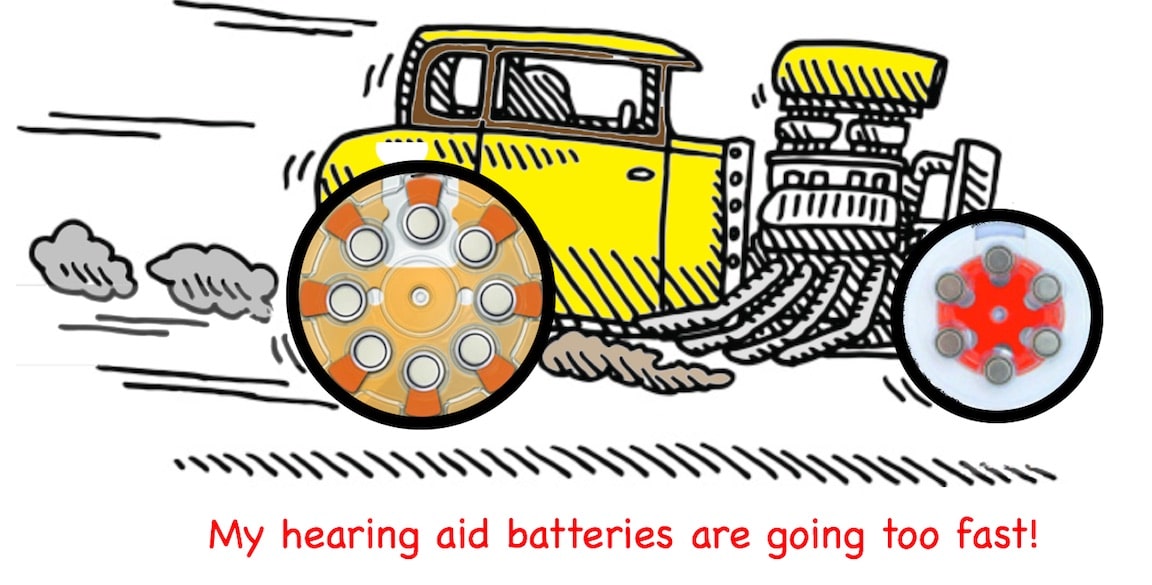I met and became friends with Anne Sjökvist on a 2018 trip to Scandinavia, where I was giving presentations. Anne is a passionate advocate and works as the Communication Director of the Swedish association for hard of hearing people, Hörselskadades förening i Stockholm. Here is her story of how a simple walk in the woods put into play the challenges and emotions that someone with communication difficulties faces every day.
To See or Not to See (Hear)
by Anne Sjökvist
Suddenly she stands in front of me on the path. A woman in full workout gear and with a face covered to the eyes with a professionally padded face mask. Corona-Safe.
She’s is obviously saying something to me and is awaiting my answer. I look inquiringly into her eyes – they do not reveal anything at all; I cannot discern whether they are happy, sad or angry. When you can only see the eyes and the forehead of a face, you cannot perceive anything at all. It’s blank. It dawns on me yet again how dependent I am to see in order to hear.
If I am in familiar setting and context, such as in a store for example, I can usually figure out what it could be about when someone unexpectedly says something to me. If I do not hear at first, I would still be able to sense some “hooks” before my standard oh excuse me, I have a bad hearing, can you repeat. With the right hooks, my brain can then pair the words together so that it makes sense to me even though I might not hear all the actual words. My brain has had at least 40 years of training on this and – if I’m not too tired – I’m good at it.
 When you meet an unknown person on a forest path, that person could be saying just about anything: Ask for directions, point out that I forgot my trousers at home, warning of bear sightings. Oh My God, could there be bears in the Grimsta nature reserve!? I usually avoid forests for that very reason. I figure, that once I actually hear that some animal is about to attack me, it’s already way too late. If I have accidentally come between a moose cow and her calf, I might as well just say goodbye world. But in a nature reserve heaving with power walkers and located near a big city – it should be safe, shouldn’t it?
When you meet an unknown person on a forest path, that person could be saying just about anything: Ask for directions, point out that I forgot my trousers at home, warning of bear sightings. Oh My God, could there be bears in the Grimsta nature reserve!? I usually avoid forests for that very reason. I figure, that once I actually hear that some animal is about to attack me, it’s already way too late. If I have accidentally come between a moose cow and her calf, I might as well just say goodbye world. But in a nature reserve heaving with power walkers and located near a big city – it should be safe, shouldn’t it?
I know that in this situation it will not help if I ask her to repeat her question. I will not be able to hear it anyway. Despite this I say my standard phrase : “Excuse me, I am a little hard of hearing, can you say again please? “ It comes out of my mouth automatically and what else could I do?
I hear the muffled sounds of a human voice under the mask, but I cannot discern a single word even though I quickly try to blow out the eardrums (with discreet gestures that no one usually perceives) and strain my hearing as far as I can.
I find myself feeling ashamed of not hearing. It doesn’t happen often nowadays but in this moment I do. What if the woman has an accent – I don’t want her to think that I am arrogant because of that. Or perhaps she might feel embarrassed that perhaps this one time, she finally tries to communicate with someone and she finds herself with a deaf person.
Yes, it is very illogical, but I am feeling ashamed.
Now she raises her eyebrows. Finally, something I can interpret; she wants an answer of some kind.
I laugh in a slightly embarrassed way – feeling angry with myself for being so apologetic.
I hand her my mobile phone whilst pointing at my left ear saying what I should have said straight away: Sorry, I am hard of hearing, please write it down for me.
Of course, this is no problem for her. She takes my phone and writes with accustomed fast thumbs. When she hands it back, she give me the thumbs up and now her eyes look happy. Not as in laughing at me, but as in she is just happy. She waves and resumes her jogging.
On the mobile screen I read: “I just want to say that you looked so harmonious as you came walking – it made me happy to see you. “
I look up and want to thank her, but she is already out of sight. I’m laughing, and now not out of embarrassment but with a laugh that bubbles up joyfully. Such nice people there are out there!
Yes, it’s evident that is hard for us who depend on seeing to hear when face masks now cover the most important parts of our communication tools. But this will pass and there are always other ways to communicate.
Also, being hard of hearing means no greater risk of being hit by Covid-19; there are people who have it worse, much worse.
And in fact, mostly it’s just we ourselves who think we bother people if we do not hear properly.






